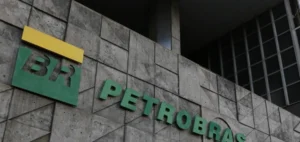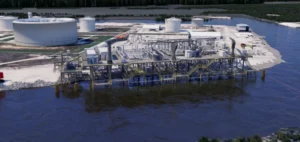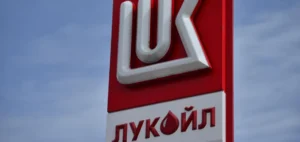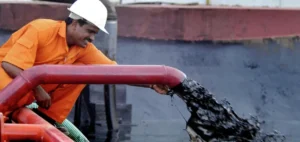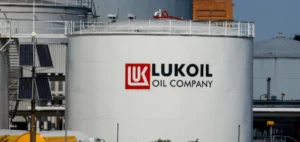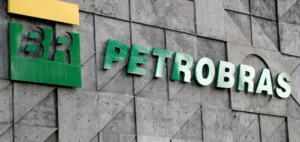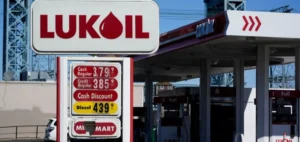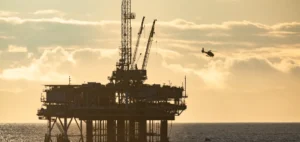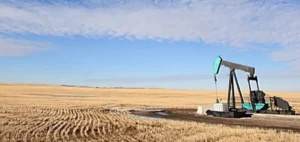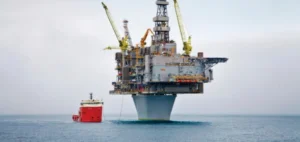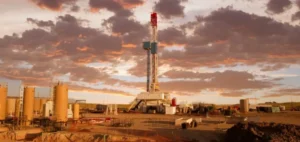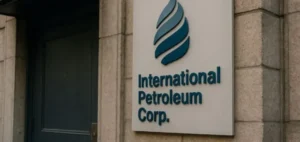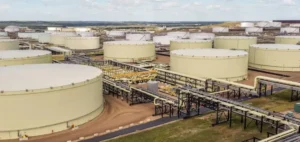Oil prices were recovering on Friday, driven by speculation that the Organization of the Petroleum Exporting Countries and its allies (Opec+) may cut production, offsetting a gloomy economic outlook for demand.
Around 09:20 GMT (11:20 in Paris), the barrel of Brent North Sea for delivery in November, which is the last day of trading, took 1.19% to 89.54 dollars.
The barrel of U.S. West Texas Intermediate (WTI) for delivery in the same month, gained 1.18% to 82.19 dollars.
“Oil has enjoyed some respite thanks to a weaker U.S. dollar this week,” says Han Tan, analyst at Exinity, “although global recession risks still weigh on the commodity outlook.”
As the greenback is the reference currency for the oil market, its decline benefits investors who use other currencies, increasing their purchasing power.
But it’s mostly “growing speculation that Opec+ may (…) make further cuts” at its meeting next week, says Mirabaud analyst John Plassard.
The hypothesis of a further reduction in the group’s quotas is widely shared by analysts. “Opec+ must strongly demonstrate its willingness to bring prices back to market fundamentals,” Han Tan believes.
The Organization had already announced in September the reduction of its total production target of 100,000 barrels per day for October.
In addition, “the escalating energy crisis between the European Union and Russia threatens to further disrupt global supply,” supporting prices, adds John Plassard.
Leaks this week on the two Nord Stream pipelines had already added to concerns about Europe’s hydrocarbon supply.
A fourth leak was revealed on Thursday on the gas pipelines in the Baltic Sea, targeted according to NATO by acts of sabotage “deliberate and irresponsible”.
Object of all suspicions after these events, Russia had counter-attacked Wednesday, pointing to the United States and obtaining a meeting of the UN Security Council. Washington denounced in return a new operation of “disinformation”.
The Dutch TTF futures contract, the benchmark for natural gas in Europe, gained 5.43% to 197.90 euros per megawatt-hour (MWh).



